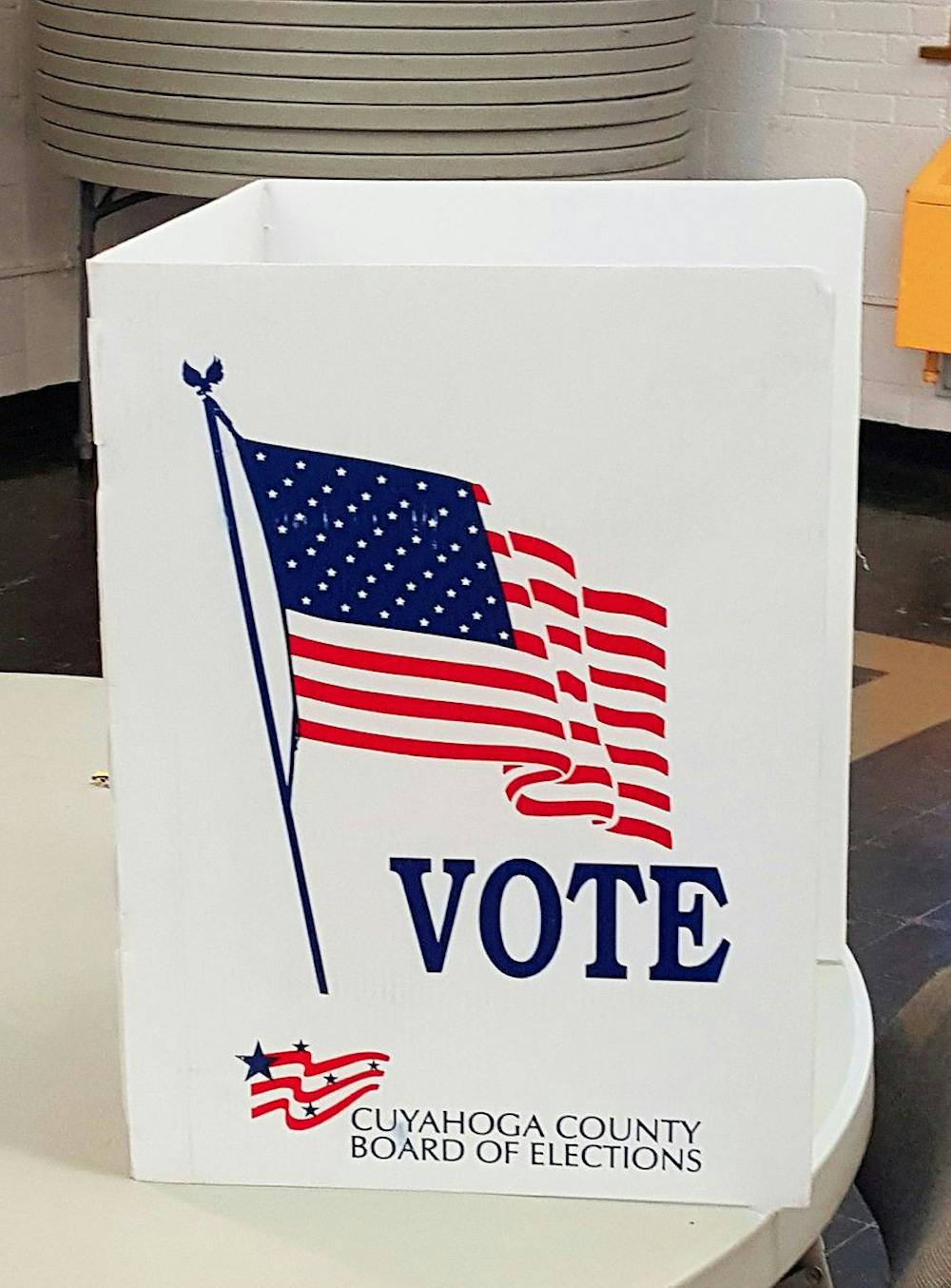By Shaim Akhtar
Staff Writer
On Nov. 7, the United States held key elections for political offices and judicial courts in multiple states, including New Jersey, Mississippi, Pennsylvania, Kentucky and Virginia. The election was a significant indicator of policy changes, including those related to abortion and education, within each respective state.
In New Jersey, the election for the direction of the General Assembly and Senate was on the ballot with constituents voting for either Republicans or Democrats. Fast forward to today, and the majority of voters in their respective districts overwhelmingly voted for Democrats, allowing them to gain one seat against Republicans, bringing their new tally to 25 senators compared to Republicans’ 15 in the Senate. Furthermore, in the General Assembly, Democrats increased their majority to 51 seats, with Republicans losing five seats and now having 29 seats in assembly. The results of the election in N.J. were positive for Democrats and detrimental for Republicans, as the state government shifted further towards Democrats, as evidenced by the losses for Republicans.
Similarly, Virginia found itself in a critical electoral battleground as it hosted elections for State Legislature and Senate, with both political parties vying to secure control of the state's government. The elections in V.A. were pivotal for Republicans to enact restricted abortion policies by flipping the senate as supported by Republican Gov. Glenn Youngkin, according to NBC. Although election results for the state are still ongoing due to the counting of mail-in and absentee ballots, Democrats managed to maintain their majority in the Senate with about 21 seats, while Republicans gained a seat, bringing their total to 19 seats. However, Democrats gained three seats from Republicans in the state’s legislature, tipping the balance towards them with 51 seats compared to Republicans' 49 seats. Democrats now hold majorities in both the state’s legislature and senate, leading to any policies on abortion restrictions to be prevented because of Democrats’ pro-choice policies.
Pennsylvania also recently conducted a crucial election for a supreme court seat, determining the delicate balance between conservative and liberal justices, with implications for abortion rights and voting policies in the 2024 presidential elections. According to the AP, Democrats championed the reelection of liberal judge Daniel McCaffery, emphasizing his support for unrestricted abortion rights and less restriction on voting policies for mail-in and early ballots. Conversely, Republicans backed conservative judge Carolyn Carluccio, endorsing her positions favoring stricter voting laws and abortion restrictions. As votes continue to be counted, the preliminary results strongly favor Democrats, with McCaffery securing a second term by garnering 7% more votes than Carluccio, reflecting Pennsylvania's judicial system resisting the influence of conservative ideologies.
In the Republican stronghold of Kentucky, gubernatorial elections took center stage as incumbent Democratic Governor Andy Beshear aimed for a second term, facing a challenge from Republican Attorney General Daniel Cameron. Despite both candidates expressing pro-life stances, as reported by Spectrum News, they diverged on abortion policies, with Beshear advocating for more relaxed restrictions and Cameron pushing for stricter measures in the state. In a surprising turn of events, Democrats found relief as Beshear successfully garnered support from a significant number of Republicans, securing a second term as governor with approximately 5% more votes than Cameron.
In Mississippi, another Republican stronghold, the gubernatorial elections unfolded with incumbent Republican Governor Tate Reeves seeking a second term, contending against former Democratic Nettleton mayor Brandon Presley. The clash between Presley's pro-choice stance, advocacy for higher employment benefits and lower healthcare costs and Reeve's political experience and conservative backing in the state created an intense electoral battle. While the vote tabulation is ongoing, the unexpected closeness of the election surprised Democrats, with Presley ultimately losing approximately by 5%, and Reeves securing the governorship for a second term.
Although Democrats achieved significant victories over Republicans regarding policies on abortion and voting rights, it is crucial to recognize that the path to the 2024 presidential election is still a considerable distance away. Ultimately, this year's elections should not be viewed as indicators for 2024 due to the high voter turnout for both parties in presidential elections and upcoming issues that may shape the presidential election.







